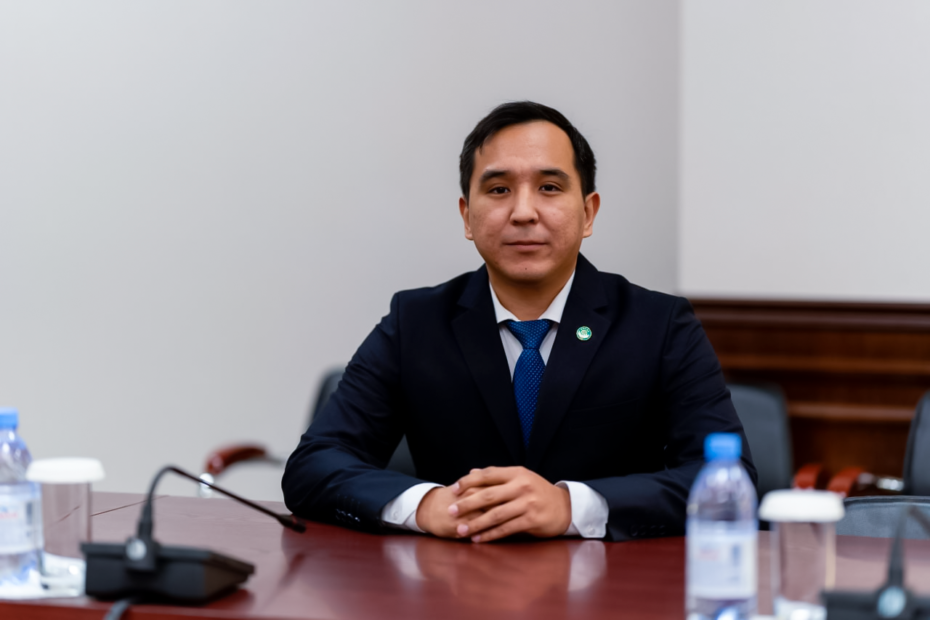At the expanded meeting of the Government, the President set a strategic task: to make Kazakhstan a full-fledged transport and logistics center and transit hub in Eurasia. One of the key projects in this direction is the Middle Corridor, or the Trans-Caspian International Transpot Route (TITR). This multimodal transportation route connecting China and the countries of the European Union is attracting increasing attention. Kazakhstan’s favorable geographical location along the TITR route creates conditions for active investments in its development. Transport volumes along this corridor have doubled compared to the previous year, reaching 2.5 million tons. Kazakhstan’s exports via the TITR have tripled, indicating European companies’ interest in this route. A new company, “Middle Corridor Multimodal Ltd.,” has been established among three countries (Kazakhstan, Azerbaijan, and Georgia) based on the Astana International Financial Centre. Through collaborative efforts, the company will provide services under the “one-stop shop” principle.
According to World Bank estimates, there is potential to increase cargo turnover on the Middle Corridor to 11 million tons by 2030.
To achieve this result, simplification of processes and procedures, especially at border crossings, elimination of bottlenecks, digitization, and improvement of infrastructure are necessary.
Overall, the development of the Middle Corridor is primarily seen in the context of China-EU trade, but there is also potential for the route in the eastern direction.
It is important to note that receiving financial support from the European Union amounting to 10 billion euros for the development of the Trans-Caspian route represents significant opportunities for increasing Kazakhstan’s transit potential. This could serve as a stimulus for accelerated infrastructure development and enhanced competitiveness of the country as a transit hub.
However, with the increase in transit volume, it is important to consider the interests of domestic exporters. It is necessary to strike a balance between transit freight flows and the needs of local exporters to ensure that transit growth does not adversely affect their activities.
Yerlan Zhakupov,
Chief Expert, Department of Economic Policy Analysis,
Kazakhstan Institute for Strategic Studies under the President of the Republic of Kazakhstan


